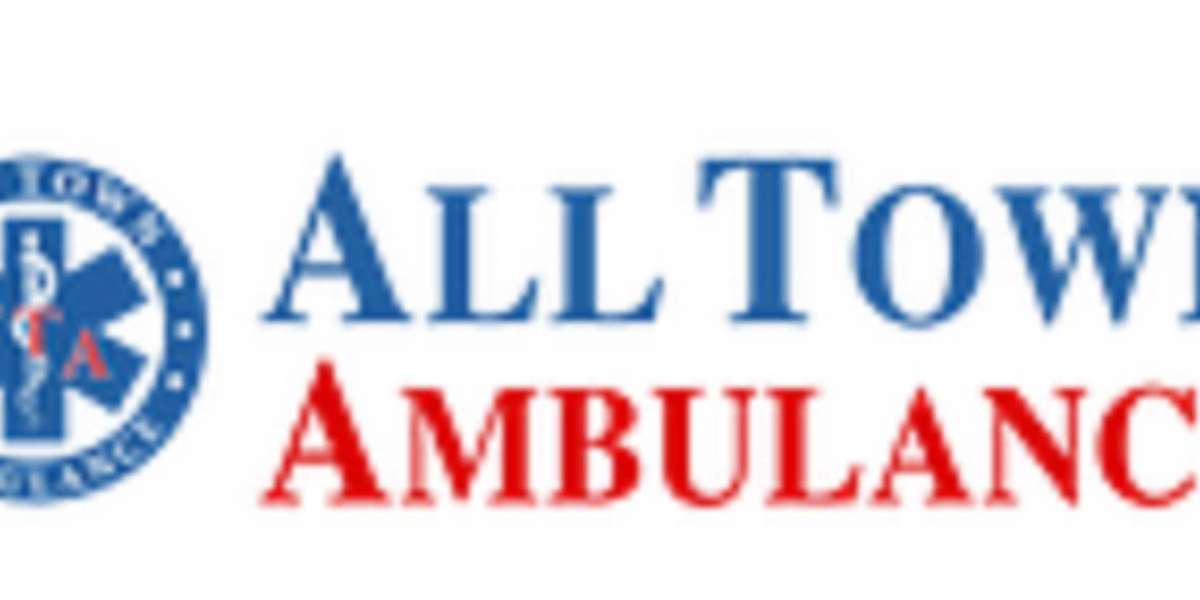Seals in autonomous vehicles and drones play a crucial role in maintaining functionality, protecting internal components, and ensuring the overall reliability of these systems. Here are some key considerations and types of seals commonly used in autonomous vehicles (AVs) and drones:
Environmental Sealing:
- AVs and drones operate in various environmental conditions, including exposure to dust, dirt, water, and extreme temperatures. Seals are essential for protecting sensitive electronic components and preventing environmental contaminants from affecting the performance of sensors, cameras, and other critical systems.
Waterproof Seals:
- Drones and AVs may encounter wet or rainy conditions. Waterproof seals, often made from materials like rubber or silicone, are crucial to prevent water ingress and protect sensitive electronics from water damage.
Vibration and Shock Resistance:
- Seals are designed to absorb and dampen vibrations and shocks, helping to protect electronic components and delicate sensors from damage during vehicle movement or drone flights. This is particularly important in applications where precise sensor data is crucial, such as LiDAR or camera systems.
Electromagnetic Interference (EMI) Shielding:
- Seals with EMI shielding properties help protect sensitive electronics from electromagnetic interference. In AVs and drones, where numerous electronic components are in close proximity, EMI shielding helps maintain the integrity of communication systems and sensors.
Chemical Resistance:
- Seals must be resistant to chemicals and fuels that are commonly used in automotive and drone applications. This resistance helps prevent degradation of the seals and ensures they maintain their integrity over time.
Temperature Resistance:
- AVs and drones may operate in a wide range of temperatures, from extremely cold to high heat. Seals must be able to withstand temperature variations to maintain their effectiveness and prevent thermal damage to internal components.
Custom Seals for Unique Designs:
- The design of AVs and drones can vary significantly, and custom seals may be required to fit unique shapes and contours. Customization allows for optimal integration of seals into the overall design of the vehicle or drone.
Sealing for Battery Compartments:
- Autonomous vehicles and drones often use batteries as a power source. Seals for battery compartments are crucial to prevent the entry of moisture or contaminants, ensuring the safety and longevity of the battery system.
Aerodynamic Seals:
- Drones, especially those designed for high speeds or long-range flights, may benefit from aerodynamic seals to reduce drag and improve overall efficiency. These seals are designed to minimize air resistance and enhance the vehicle's performance.
Long-Term Durability:
- Given the continuous and often demanding operation of AVs and drones, seals must be designed for long-term durability. This includes resistance to wear and tear, UV radiation, and other factors that can affect seal performance over time.
Seals in autonomous vehicles and drones contribute significantly to the reliability, safety, and performance of these technologies. As the field of autonomous transportation and drone technology continues to evolve, ongoing advancements in seal materials and designs will be essential to meet the specific challenges posed by these applications.
See more








